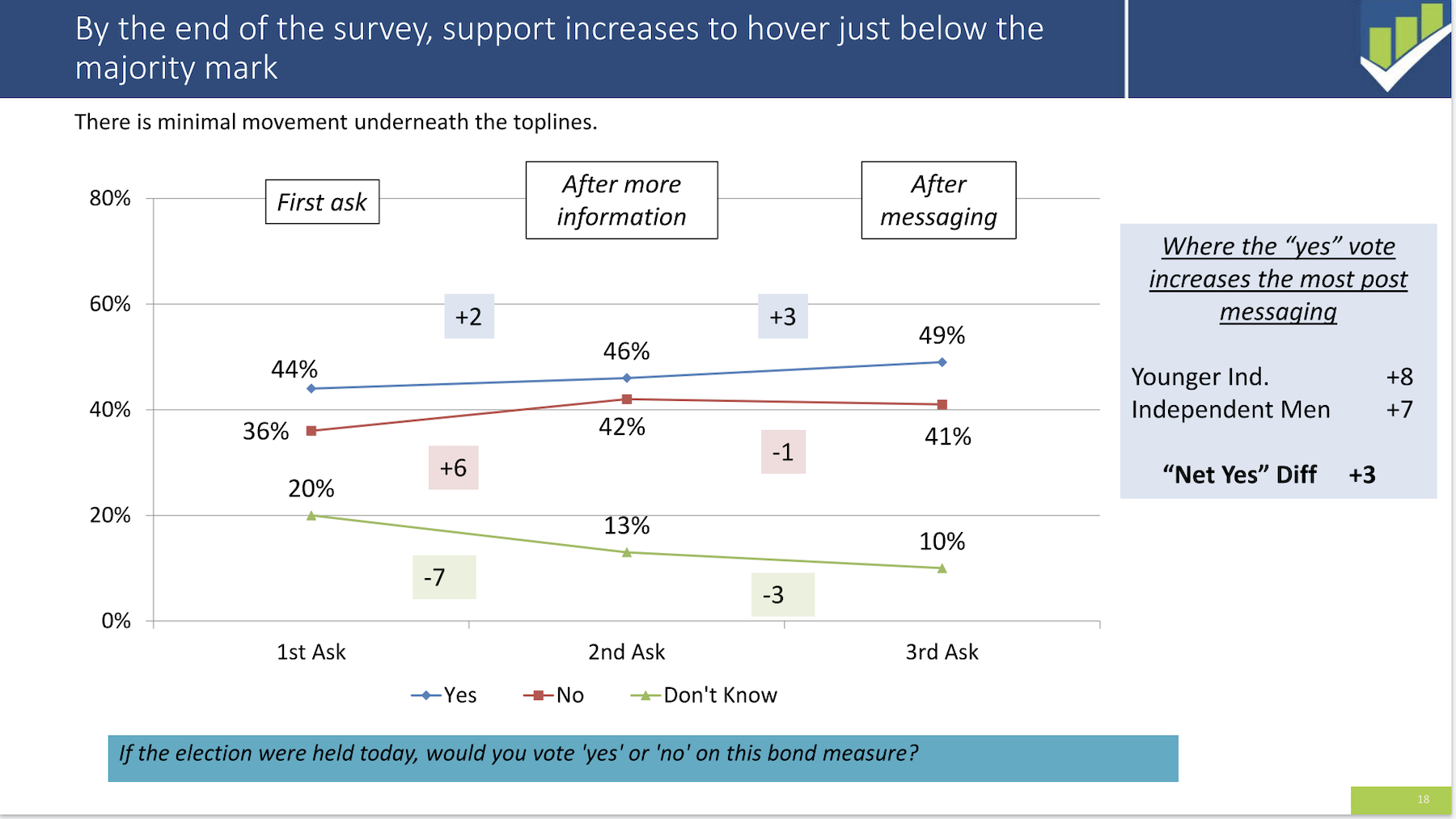If you are an employer or employee
and have a story to share on how
the minimum wage increase will
impact you, please email
[email protected] are looking for stories
about living on minimum wage
or how the increase specifically
impacts local businesses.
By Kristine Thomas
After much debate, in February the Oregon House and Senate approved a schedule of increases to the minimum wage.
The bill sets three regional minimum wage rates in Oregon, the Portland-metro area; mid-size counties including Marion County; and rural and coastal areas.
As of Our Town press deadline, the bill was headed to Oregon Gov. Kate Brown’s desk to be signed. The governor has said she supports the minimum wage increase.
Depending on who you ask, the increases are either good or bad news for Oregon businesses.
The six-year plan to gradually increase wages starts this July, with minimum wage workers going to $9.75 in urban areas and $9.50 in the rural tier. The current state-wide minimum wage is $9.25 an hour.
Increases would top out in 2022 at $14.75 inside Portland’s metro area, $13.50 in mid-size counties and $12.50 in rural and coastal areas.
Silverton Chamber of Commerce Executive Director Stacy Palmer is concerned the minimum wage increases will be hard on small businesses that are already struggling to staff their shops.
“Minimum wage was designed as a starting point for employees entering the workforce. It was never designed to be a ‘living wage’ for folks,” Palmer said.
“To mandate a dramatic increase, like the state has, will be a hardship for small, locally owned businesses. Costs will increase and those benefited by the increase in wages will also see significant increases in their living expenses, and in essence they will be right back where they started if not further behind.”
Pete Wall is the president of the Mount Angel Chamber of Commerce. He said the chamber board was concerned about the overall impact in Oregon. The chamber polled its membership and heard strong opposition to the increases.
Wall said the board was concerned about a domino effect on wages, and a resulting increase in the cost of goods and services.
Tony Doody, owner of the Monitor Inn in Monitor, said he currently pays all his employees above the minimum wage.
“I hire all my new hires at the current (minimum) wage of $9.25 per hour. Pay increases are given for doing above minimum work,” Doody said.
“Artificially raising wages is going to result in only hiring experienced people for new openings. Thus eliminating the ability for (the) inexperienced to gain experience. It will also sadly result in higher costs from my vendors and suppliers which I will ultimately have to be passed on to my customers.”
Unfortunately, Doody said, many customers are on fixed incomes and will be hurt by these increases.
Chuck Sheketoff is the executive director for the Oregon Center for Public Policy. He foresees positive results from the increase.
“In 1989, the Oregon Legislature raised the state minimum wage by 42 percent over an 18-month period,” Sheketoff wrote in a blog called “Significantly Raising the Minimum Wage: Lawmakers Have Done It Before.”
Sheketoff wrote “that increase boosted the state’s wage floor from $3.35 in mid-1989 to $4.75 in January of 1991. That increase did not slow down Oregon’s economy. In fact, following the 1989 increase, Oregon witnessed a long expansionary period in the number of small businesses and jobs.”
Sheketoff pointed out that many of the restaurants that thought the wage increase would equal doom and gloom for their business are still around and thriving today.
“The world didn’t end when the state implemented its last minimum wage increase and it won’t end with this one,” he said. “When you hear people talking about their concerns, it’s a lot of fear tactics.”
Compared to the 1989 wage increase, this one is more gradual, he pointed out.
“Our state has done it before with wages increasing a total of 42 percent in 18 months,” Sheketoff said. “This increase is phased in over a longer period of time.”
Sheketoff said when workers are getting paid better wages, they spend that money in their community.
“The increase is going to help people at or near the lowest pay scale,” he said. “It’s going to help them pay their bills, get new tires for their cars or go to a local restaurant.”
Sheketoff said if a business owner is running a successful business that is visited by customers, he isn’t going to lay-off workers.
“Employers will hire the number of employere to meet the demand for their service or their product,” he predicted.
Sheketoff said Silverton should do well with this wage increase and it will help the lowest earning workers.
“It’s the right thing to do for Oregon’s economy and the many Oregon working families struggling to make ends meet.” Sheketoff wrote.
